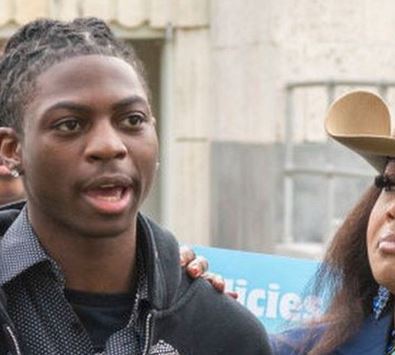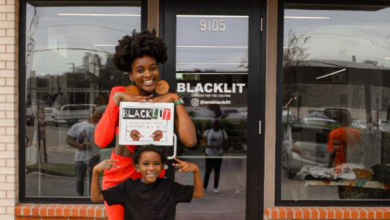Texas Student’s Legal Battle Over Dreadlocks Punishment Ends in Loss

In a recent legal development, a Texas student’s challenge against disciplinary actions taken for his dreadlocks has concluded with the court ruling against him. The case, which garnered national attention, revolved around the student’s claim that the punishment imposed by his school for his hairstyle violated his rights and was discriminatory in nature.
The student, who attended a high school in Texas, faced suspension and was barred from participating in certain school activities due to his dreadlocks, which the school administration argued violated the institution’s dress code policies. These policies stipulate specific requirements regarding hair length and style, which the school defended as necessary for maintaining a conducive educational environment.
The legal challenge brought by the student and his supporters argued that the school’s actions were not merely a matter of policy enforcement but were discriminatory, particularly against African American students whose hairstyles reflect their cultural and personal identity. The case raised significant questions about cultural expression, racial discrimination, and the extent to which educational institutions can regulate student appearance.
Despite the arguments presented, the court’s decision to rule against the student has prompted a wave of disappointment and concern among civil rights advocates and those fighting for greater inclusivity and recognition of cultural diversity in schools. Critics of the ruling argue that it sets a concerning precedent for the enforcement of policies that may inadvertently target or discriminate against students based on their racial or cultural backgrounds.
The ruling has also reignited discussions on the need for more inclusive and culturally sensitive school policies that recognize and respect the diversity of student backgrounds. Advocates are calling for reforms to dress code policies to ensure they do not unfairly penalize students for hairstyles that are integral to their cultural identity and personal expression.
As the student and his supporters weigh their options in the wake of the ruling, the case serves as a focal point in the ongoing debate over cultural expression, equality, and the policies governing school environments. The outcome underscores the complexities involved in balancing institutional rules with the rights of students to express their cultural and personal identities freely.





